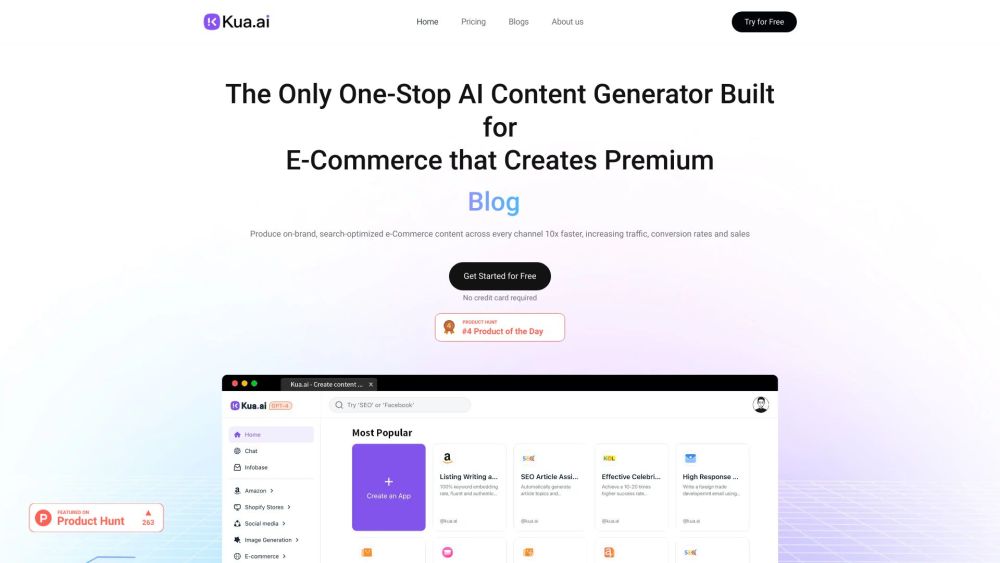Recently, the topic of how universities can navigate the era of artificial intelligence captured the attention of scholars at the World Artificial Intelligence Conference. On July 4th, during the opening day, academician Ding Kuilin, President of Shanghai Jiao Tong University, addressed pressing questions regarding the future of higher education, including concerns about the potential decline of universities, the obsolescence of certain disciplines, and the fate of educators in an AI-driven landscape.
Following his remarks, a roundtable forum hosted by Fudan University explored how AI can drive systematic innovation within higher education. Prominent figures, including Fudan University President Jin Li and Tongji University President Zheng Qinghua, engaged in discussions on key issues such as systemic innovation and the transformation of teaching methodologies in the age of AI.
Ding Kuilin underscored three significant inquiries about the impact of AI. Firstly, could AI lead to the extinction of universities? He asserted that the core mission of higher education is irreplaceable talent development, and while AI may transform how this is achieved, it cannot displace the fundamental role of universities. Institutions that effectively integrate artificial intelligence alongside human intelligence (HI) will likely redefine the landscape of global higher education.
Secondly, will AI render certain academic disciplines obsolete? Ding explained that while AI excels in automating repetitive tasks, it struggles with abstract challenges that require human creativity. For instance, while AI can facilitate complex calculations in mathematics, the conceptualization of new mathematical theories still relies heavily on human insight.
Lastly, is there a risk that AI could replace university teachers? Ding suggested that the essence of higher education lies in fostering students' abilities to understand, apply, and generate new knowledge, indicating that the role of educators remains vital. Instead of replacement, the focus should be on enhancing the educational experience through the collaboration of AI and HI.
In response to the challenges posed by AI, Fudan University has established the Shanghai Institute of Intelligent Science, which has made notable strides in meteorology and pharmaceuticals through AI applications. The institute has developed sophisticated meteorological models that improve forecasting accuracy and anticipate extreme weather. In the medical field, it has achieved breakthroughs in DNA analysis and protein modeling, working alongside industry partners to advance RNA vaccine development.
By September of this year, Fudan University plans to launch a new AI curriculum, ensuring that all undergraduate and graduate students are exposed to AI education. The initiative aims for comprehensive integration across disciplines by 2025.
Similarly, Shanghai Jiao Tong University is innovating with its AI+HI curriculum. For example, in a landscape architecture course, AI technology has enabled the transformation of 2D designs into immersive 3D experiences. Collaborative projects in English composition and medical imaging showcase how AI tools can personalize learning and enhance students’ practical skills.
As universities adapt to the evolving educational landscape, profound changes in course offerings are underway. During the “Smart Finance” forum of the conference, Liu Qin from Shanghai National Accounting Institute emphasized that the accounting field is undergoing significant transformations, necessitating the recruitment of industry leaders to provide current and relevant education.
At Fudan University, a course taught by academician Gong Xinkao on "AI Physics and Reverse Design of Materials" blends AI with traditional computational science methods, highlighting the evolving paradigm of research in material design.
In the life sciences, Princeton University's Professor Wang Mengdi demonstrated how AI is revolutionizing the field through her development of an mRNA model that can predict the efficiency of RNA translation. She also discussed CRISPR-GPT’s contributions to automated gene editing, underscoring the potential of AI in scientific research and experimental design.
These developments reflect a growing recognition of AI's role in reshaping education, presenting opportunities for universities to adapt, innovate, and thrive in a rapidly changing intellectual landscape.





